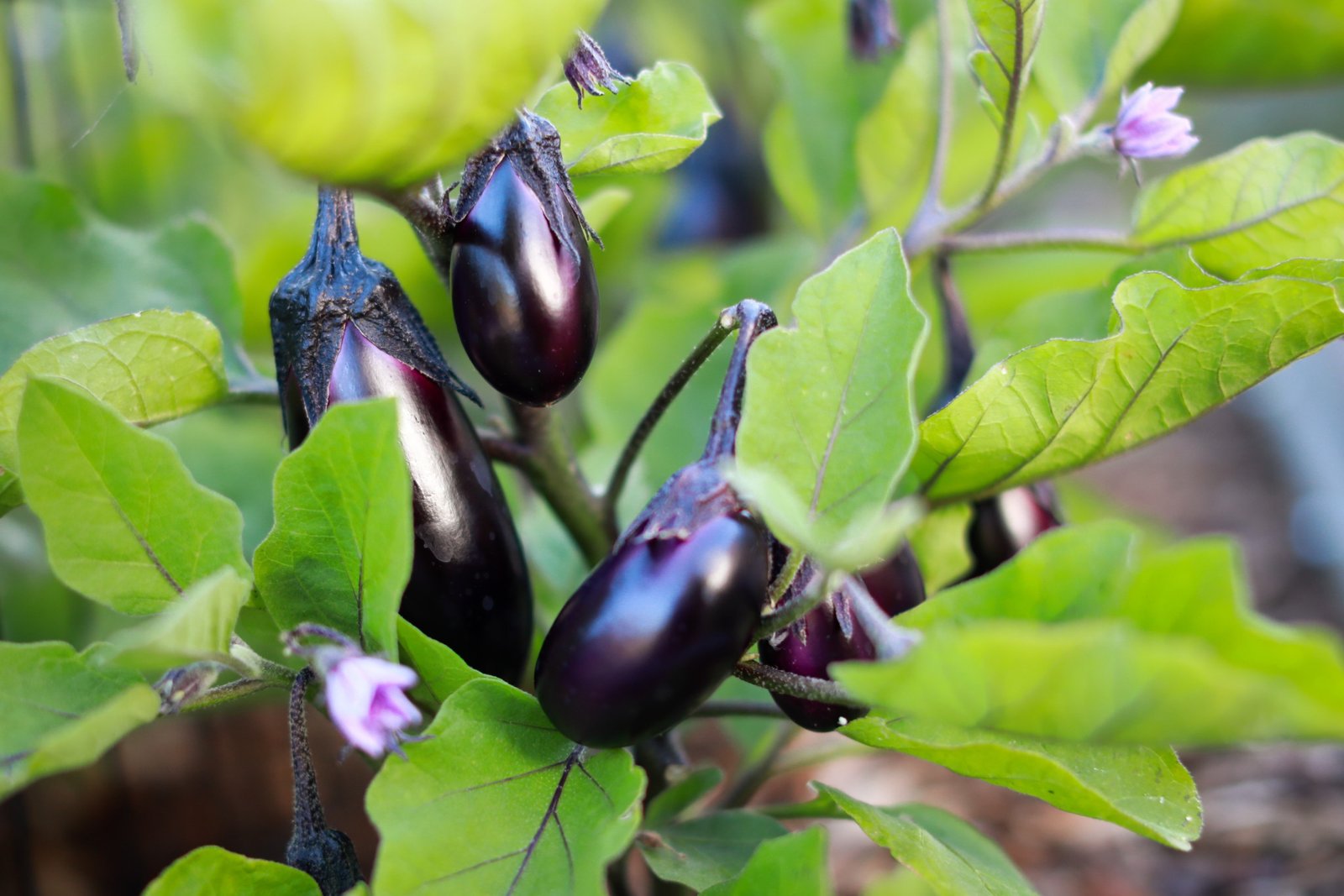Brinjal contains low calories and carbohydrates. But, can diabetics eat brinjal? If so, how much is safe to be consumed?
Brinjal (Eggplant) is low in calories and carbohydrates that makes it a great food to add under your diabetic diet. Brinjal has a low glycemic index of 1 that does not increase your glucose levels.
This makes it an apt diabetic food.
However, questions like how much brinjal can diabetics eat daily and how is Brinjal good for diabetics are some questions this article will answer in detail.
Brinjal: Nutritional Profile
Eggplant or Brinjal is a very nutritious vegetable that has low-calories, low-carbohydrates, and is a non starchy food. It has a low glycemic index (GI) of about 15 that works wonders for diabetics. Foods with low glycemic index do not increase glucose levels and are slowly absorbed.
100 grams of brinjal contains the following nutrition:
| Calories: 25 |
| Protein: 1 gram |
| Fat: 0.2 grams |
| Carbohydrates: 6 grams |
| Fiber: 3 grams |
| Calcium: 9 mg |
| Iron: 0.23 mg |
| Magnesium: 14 mg |
| Phosphorus: 24 mg |
| Potassium: 229 mg |
| Folate: 22 mg |
| Vitamin A: 23 IUs |
| Vitamin C: 2.2 mg |
| Vitamin K: 3.5 mg |
Brinjals are packed with nutrients, contain a large number of vitamins, minerals, are rich in soluble fibers, and have low calories and fats. It also has a small number of other nutrients such as niacin, manganese, and copper.
Advantages of Brinjal for Diabetes
- Good for digestion
- Rich in fiber
- Increases insulin
- Maintains blood sugar
- Aids in weight loss
- Rich in antioxidants
Ways to Consume Brinjal for Diabetes
- Brush rice bran over brinjal slices and fry
- Coconut brinjal curry
- Toast whole grain bread with sliced brinjal toppings and then bake
- Stuff paneer with brinjal and bake (Brinjal Kebab)
- Baked Brinjal (Make holes over it to allow steam to escape)
- Grilled Brinjal (Slice brinjal into round pieces, add a few drops of olive oil and sprinkle with salt, pepper, and some garlic. Place them into a griller on medium-high heat for 5 minutes on both sides)
- Roasted Brinjal Soup
Choosing the right vegetables can make a big difference in diabetes management. Dive into our guide on diabetes-friendly vegetables, their benefits, and the science behind how they help control blood sugar.
Best Time to Consume Brinjal
Brinjal is rich in fiber and low in carbohydrates. So, it can easily digest and be absorbed by the stomach. You can eat brinjal bacon for breakfast, brinjal curry for lunch, you can also have grilled brinjal as a snack, and roasted or grilled brinjal soup for dinner. You can eat anytime; it all depends on your choice. Diabetics can have 100 grams (1 cup) of brinjal everyday.
Risks of Over Consumption of Brinjal for Diabetics
- For diabetic women menstruation gets stimulated
- Causes acidic problem
- Can develop allergies
- Formation of kidney stones
- If you are taking any antidepressant drug, avoid eating excess brinjal as it could prevent the functioning efficiency of antidepressants drugs.
Other Health Benefits of Brinjal
- Brinjal has high antioxidants like vitamin A and C helps against cell damage.
- Great for loss in weight
- Rich in fiber act as a laxative and also helps to treat constipation
- Brinjals are rich in folate that is necessary for the formation of RBC that helps prevent anemia.
- Reduces the risk of heart diseases
- Glycoalkaloids produced by brinjals helps in the inhibition of skin cancer.
Don’t Have Time To Read?
- Brinjals are rich in fiber, low soluble carbohydrates, low calorie, and non starchy vegetables. They also contain other essential nutrients like antioxidants, vitamins, and minerals.
- If you are a diabetic patient, add brinjal to your diet twice a week
- With the Phable Care app, you can consult a specialist physician to get your queries solved and manage your blood glucose level.
Friendly Asked Questions
Is Brinjal Good for Diabetes?
Yes, brinjals are rich in fiber and have a low glycemic index, which helps not to elevate your blood glucose level, and are absorbed slowly.
Which Brinjal is Considered Good for Diabetic Patients?
All types of brinjal are good for diabetic patients. They all have the same properties with the low glycemic index, low carbs, non starchy and high fiber that easily absorbs and reduces the blood sugar level.
Does Brinjal Raise Blood Sugar?
Brinjal contains a low glycemic index, low soluble carbohydrates, low calories, non starchy vegetables and is rich in fiber. So, it can be easily absorbed by diabetic people and doesn’t raise the blood sugar quickly as compared to other foods which contain carbohydrates.
What Are the Side Effects of Brinjal?
Overconsumption of brinjal in your diet causes some health problems also:
-Can stimulate menstruation
-May lead to abortion
-Cause acidic problems
-Can cause allergies
-Develop kidney stones due to the presence of oxalate in brinjals

1 comment
[…] Also Read: Is Brinjal Good for Diabetes […]